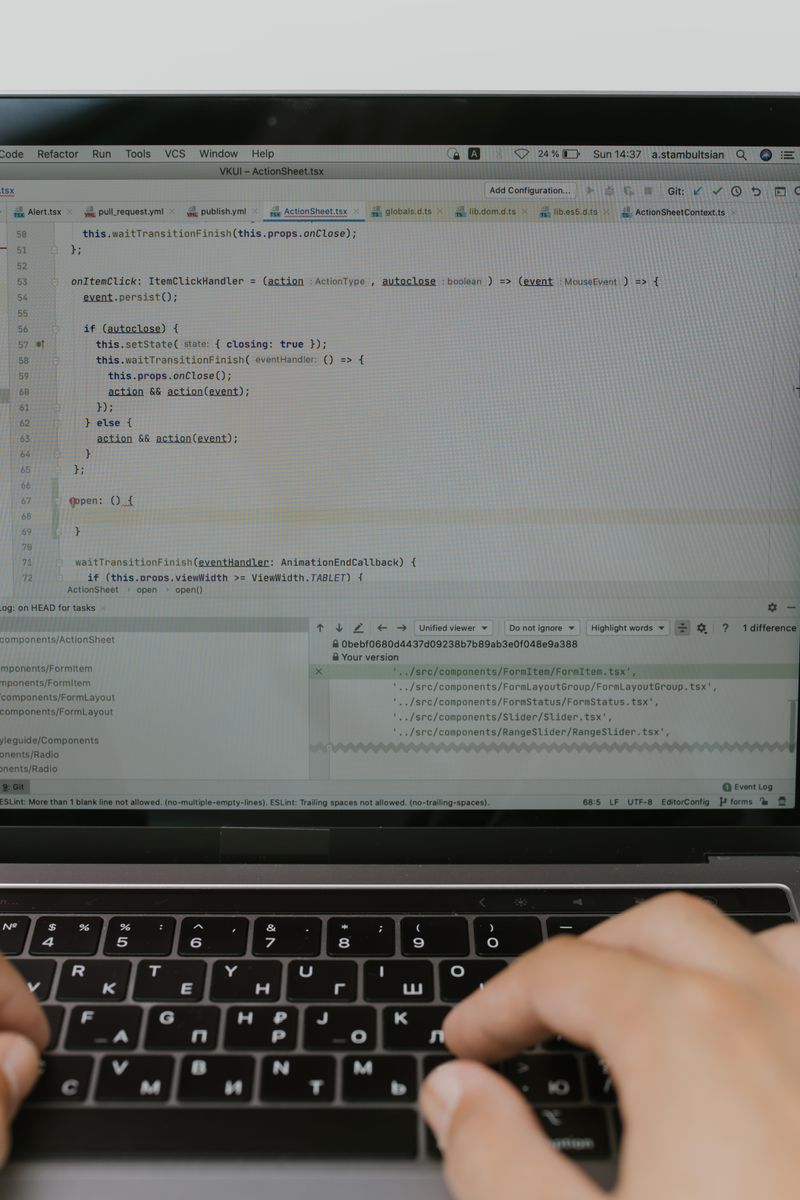Senate passes referendum plan, cementing Voice to Parliament vote before end of the year
The Australian Senate has passed legislation to hold a referendum on an Indigenous Voice to Parliament, marking the country’s first referendum in over two decades. The proposed Voice to Parliament would be an independent advisory body that can provide guidance to the government and parliament on matters that affect the lives of Aboriginal and Torres Strait Islander Australians. The Senate vote, with 52 votes in support and 19 votes against, brings an end to months of parliamentary procedures and puts the onus on Prime Minister Anthony Albanese to set a referendum date.
History and significance of the Voice to Parliament
The idea of an Indigenous Voice to Parliament was first proposed in the Uluru Statement from the Heart in 2017. The Statement was the result of extensive consultations with Indigenous elders and community leaders across the country. It called for the establishment of a First Nations Voice enshrined in the Constitution and a Makarrata Commission to oversee a process of truth-telling and reconciliation.
The Voice to Parliament aims to address the ongoing inequality and marginalization faced by Indigenous Australians and provide them with a platform to have their voices heard in the decision-making processes that affect their lives. It is seen as a crucial step towards reconciliation and closing the gap between Indigenous and non-Indigenous Australians.
Debate and opposition
Leading up to the Senate vote, there was passionate debate in the chamber regarding the Voice to Parliament. Senator Lidia Thorpe, an Indigenous senator, expressed her opposition to the Voice, calling it “happy assimilation day” and accusing it of being a measure to appease white guilt. She argued that the Voice would give Indigenous Australians no real power and was not a genuine solution to addressing the issues faced by First Nations people.
The opposition to the Voice largely came from members of the Nationals, One Nation, crossbenchers, and some Liberals. Concerns were raised about the proposed constitutional change, with opponents arguing that it would lead to legal challenges in the High Court and impede the functioning of the government. However, supporters of the referendum pointed out that legal experts, including the solicitor-general and former High Court justices, had deemed the wording of the proposed change to be constitutionally sound.
Implications and the path forward
With the passage of the referendum legislation, the ball is now in Prime Minister Anthony Albanese’s court to set a date for the referendum. It is expected that the referendum will take place in October, making it the first referendum since 1999 when Australians rejected the establishment of a republic.
The referendum on the Voice to Parliament represents a historic moment for Australia. It offers an opportunity for the nation to come together and make a significant step towards reconciliation and ensuring greater inclusion and representation for Indigenous Australians. The referendum will allow the Australian people to have their say on this important issue and shape the future of the country.
Advice for a respectful debate
As the referendum campaign begins, it is crucial for all participants to engage in respectful and factual discussions. Senator Malarndirri McCarthy, a Yanyuwa woman, emphasized the need for respectful conversations during the campaign, citing the hurt caused during the Marriage Equality debate. She urged both those in favor and those against the Voice to be mindful of their commentary and strive for a respectful and inclusive discourse.
It is important for Australians to educate themselves on the significance of the Voice to Parliament and the impact it could have on the lives of Indigenous Australians. Engaging in informed discussions, listening to diverse perspectives, and considering the long-standing inequalities faced by First Nations people will contribute to a more insightful and meaningful debate.
Ultimately, the referendum on the Voice to Parliament offers Australians an opportunity to demonstrate their commitment to reconciliation and create a more inclusive and equal society. It is a chance to make history and shape the future of the nation.

<< photo by robin thakur >>
The image is for illustrative purposes only and does not depict the actual situation.
You might want to read !
- Nicola Sturgeon arrested in Scotland’s funding scandal.
- “Boris Johnson’s sudden resignation from Parliament highlights a new chapter in British political turmoil”
- Sydney’s Seismic Shakeup: A Close Encounter with Earth’s Trembling Force
- “Unmissable Bargains Galore: Brisbane Myer’s Spectacular ‘Once-in-a-lifetime’ Sale”
- Boris Johnson’s Controversial Daily Mail Gig: A Clear Breach of Rules?




